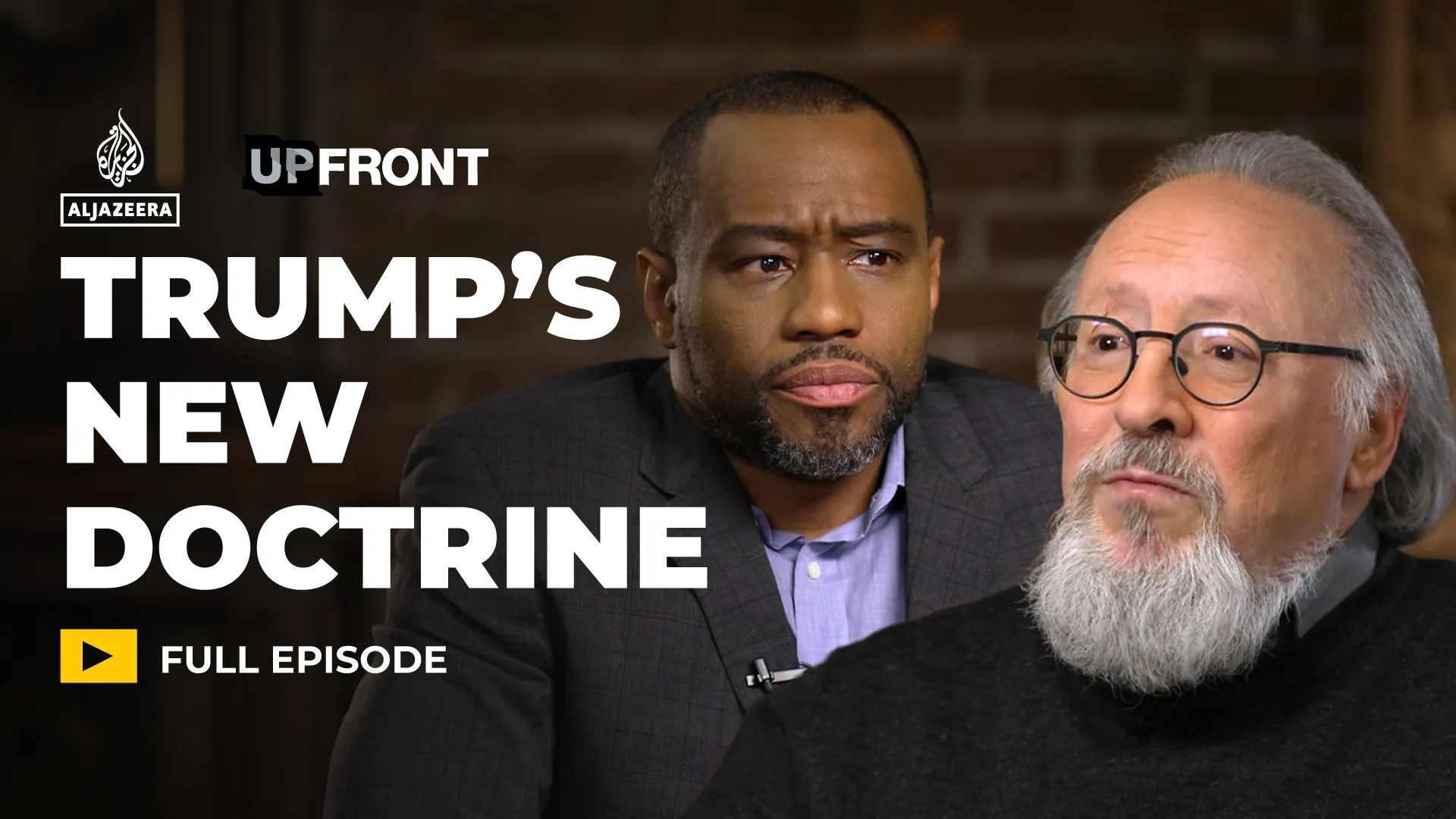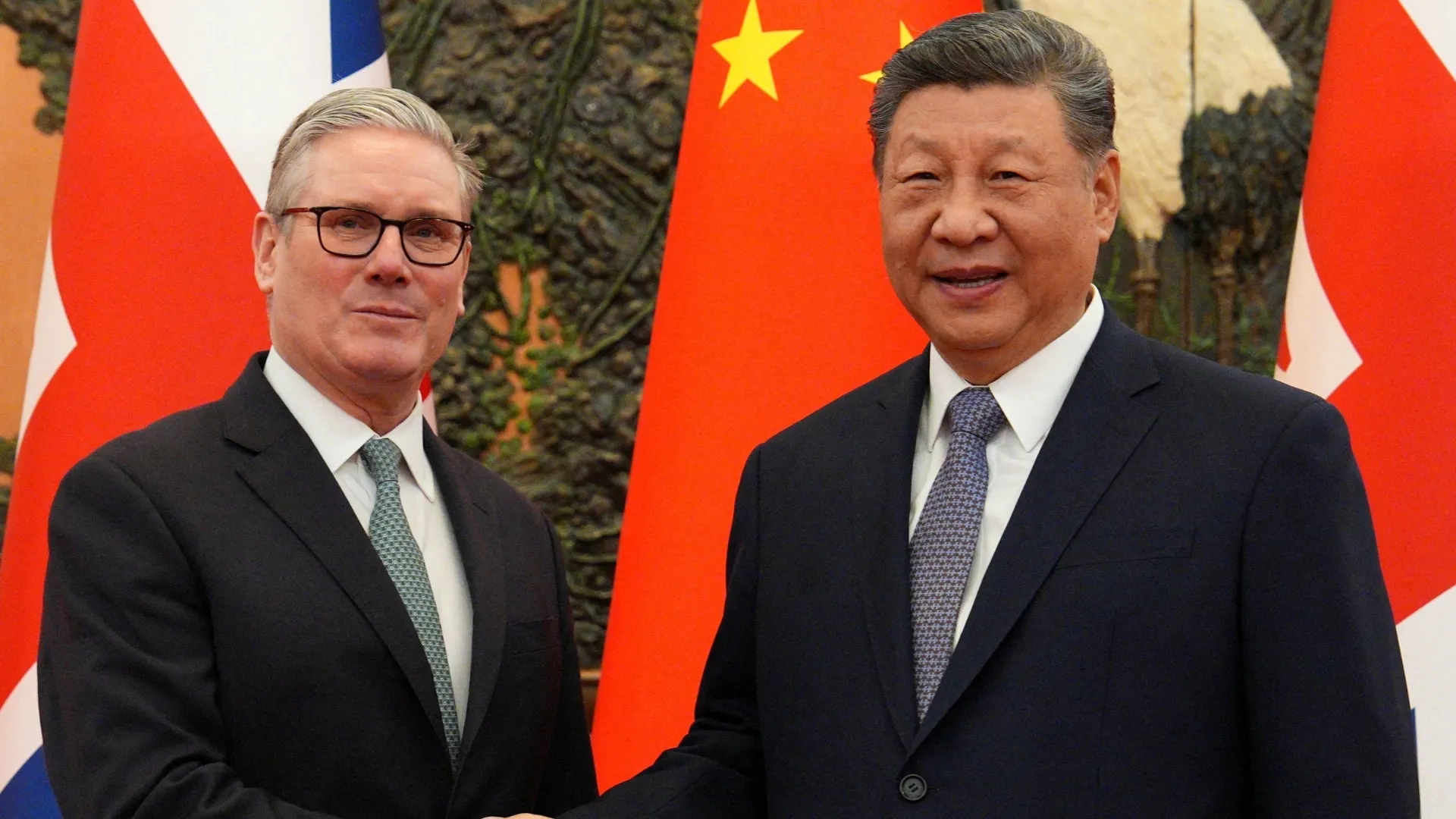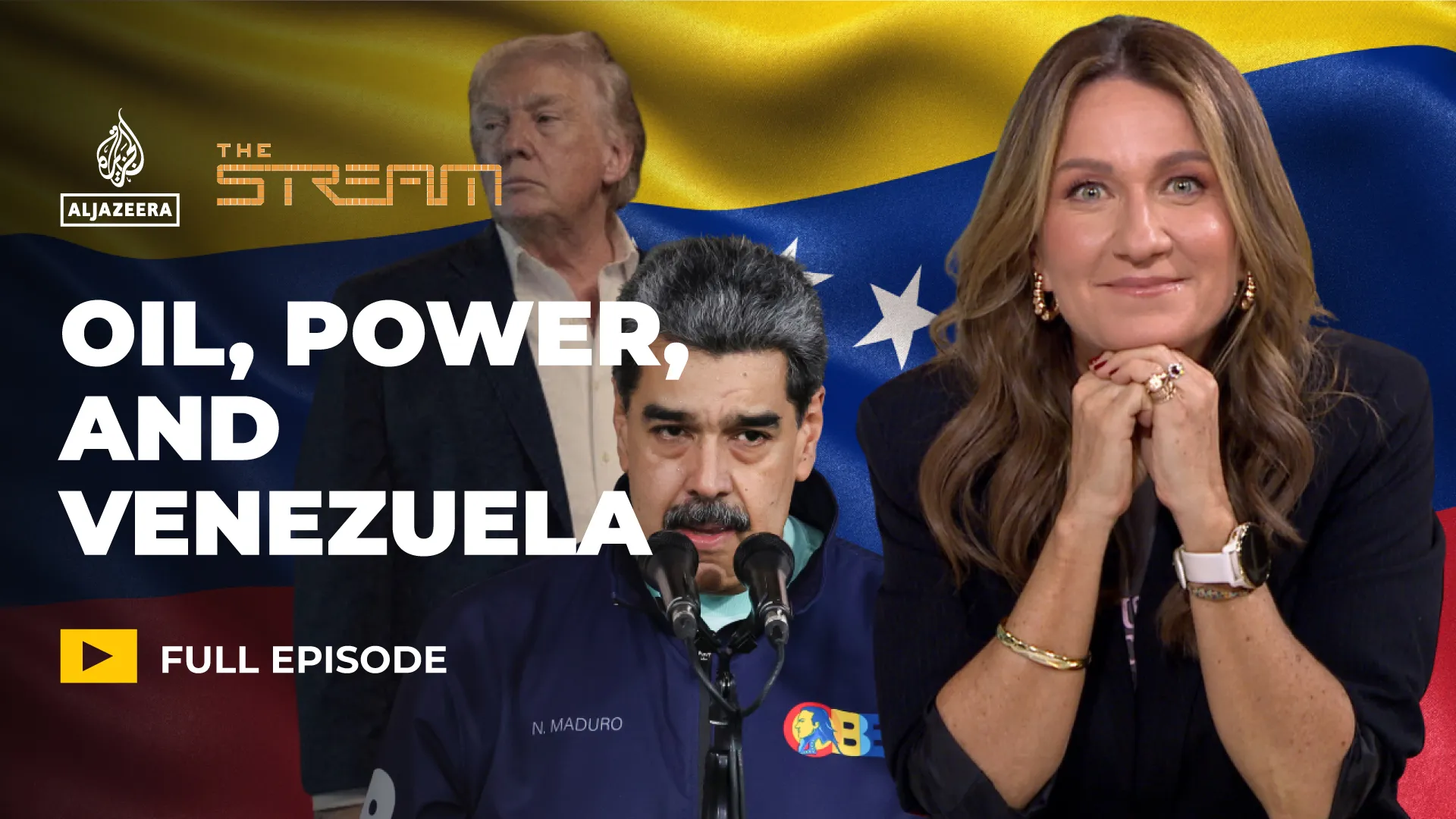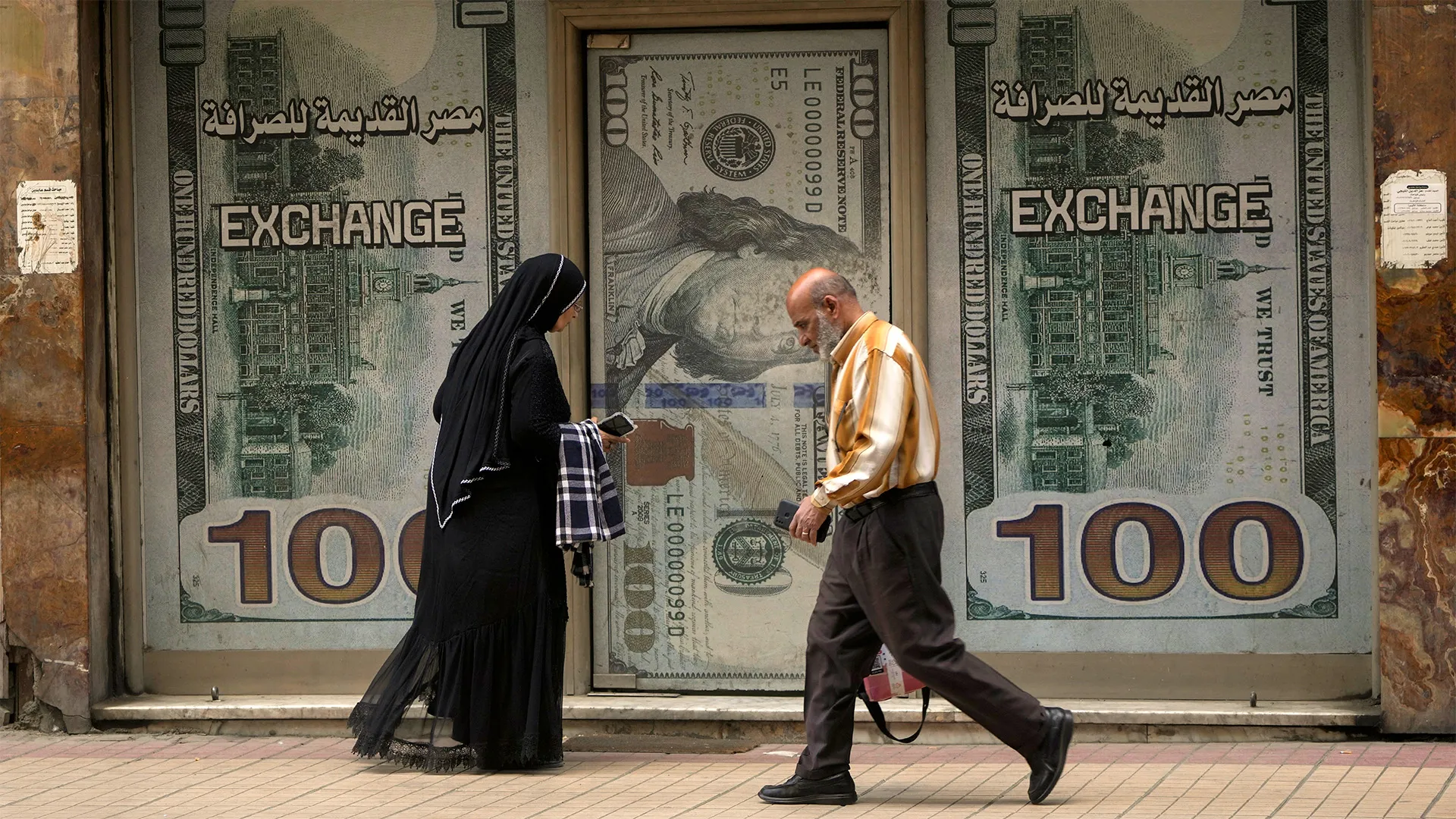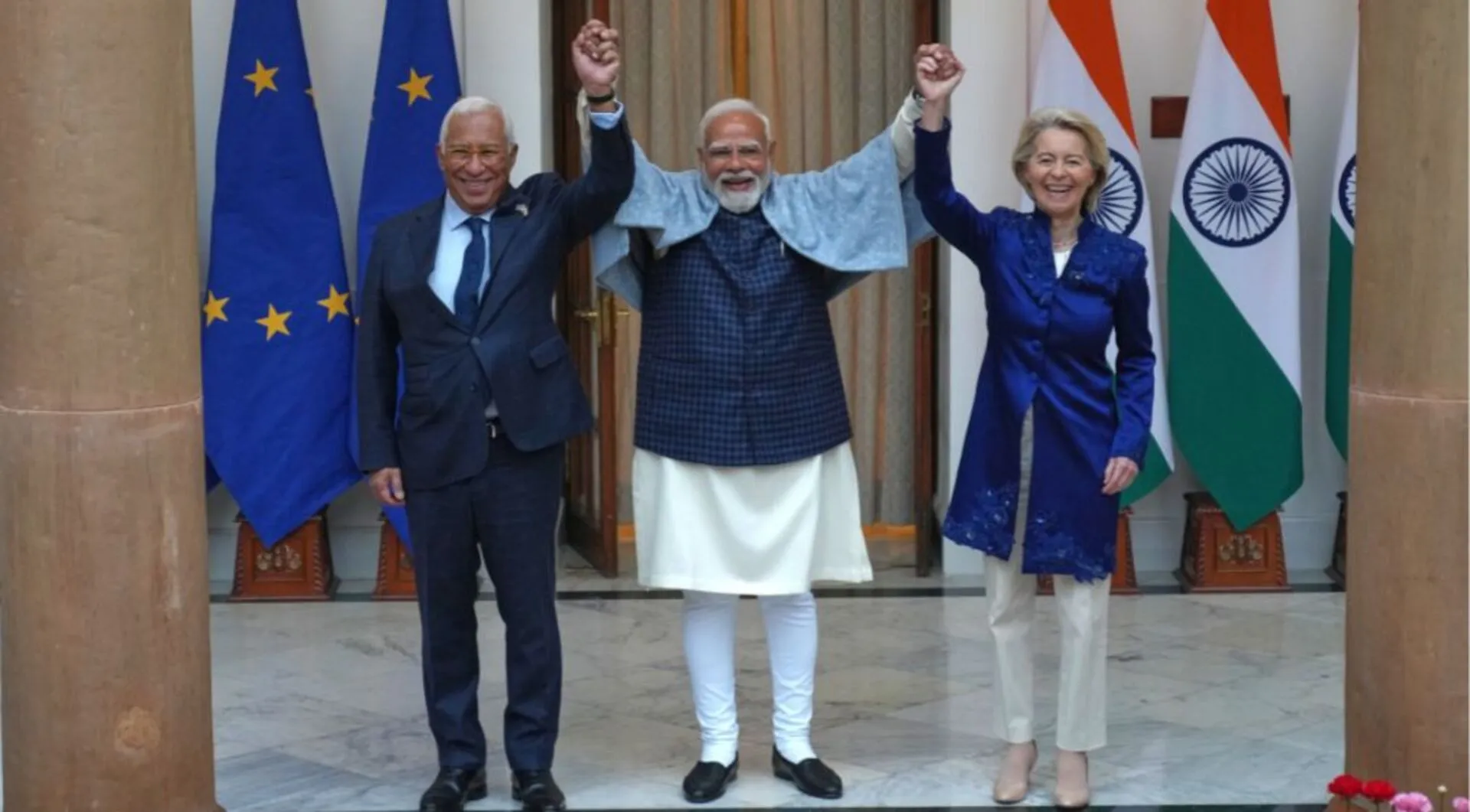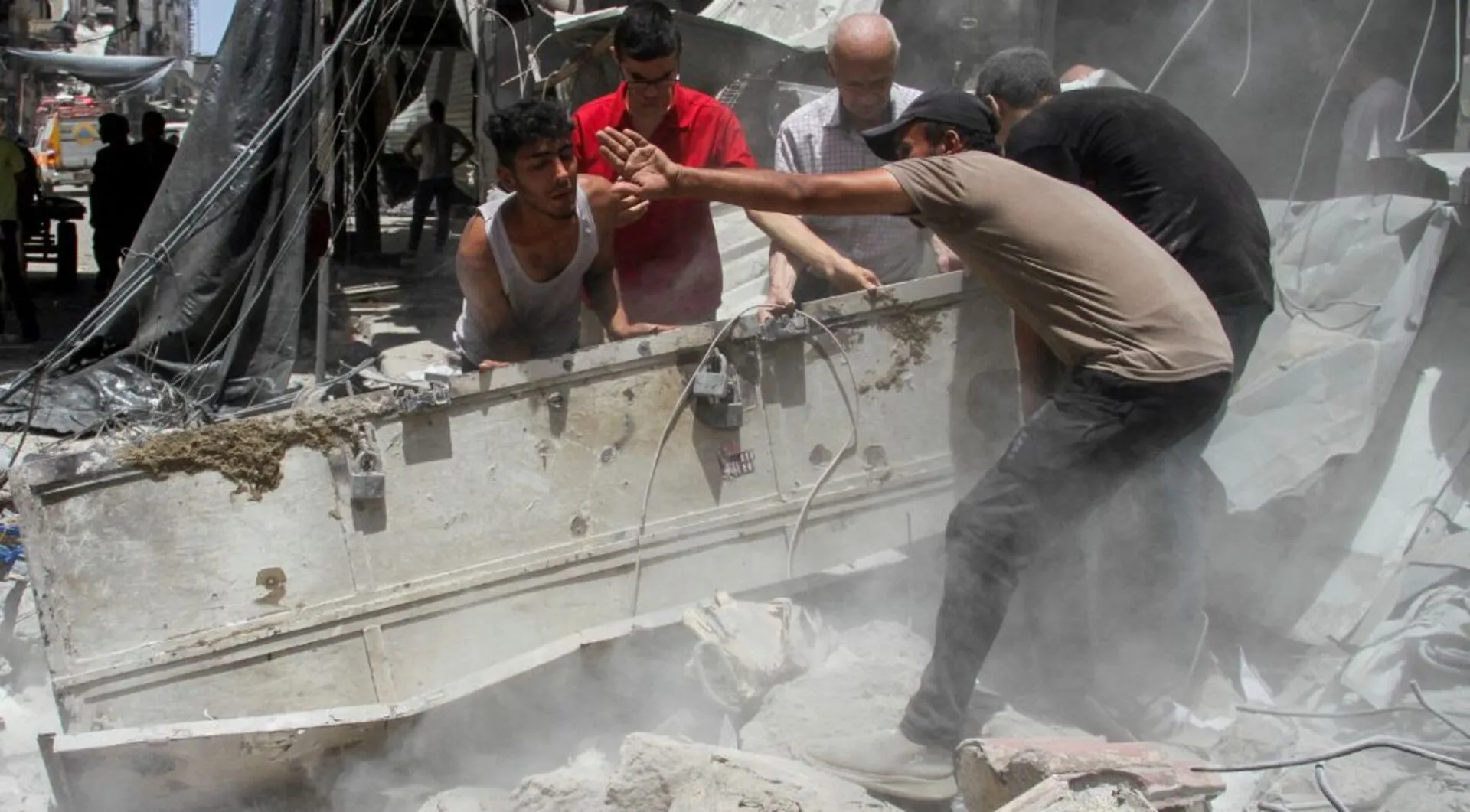Peter Kornbluh: Is Trump pushing a new imperialism in Latin America? | Nicolas Maduro
Peter Kornbluh speaks to Marc Lamont Hill on Trump’s abduction of Venezuela’s president and the fallout for Latin America.
Following United States forces’ abduction of Venezuelan President Nicolas Maduro, a new set of questions is emerging as to how far Donald Trump is prepared to go in pushing US power abroad through direct intervention.
But is this a real break with past policy – or the latest iteration of the US’s longstanding interventionist power play in Latin America?
And with Cuba back in the administration’s sights, will Trump push for further action in the region?
This week on UpFront, Marc Lamont Hill speaks with Senior Analyst at the National Security Archive, Peter Kornbluh.
Published On 31 Jan 2026
